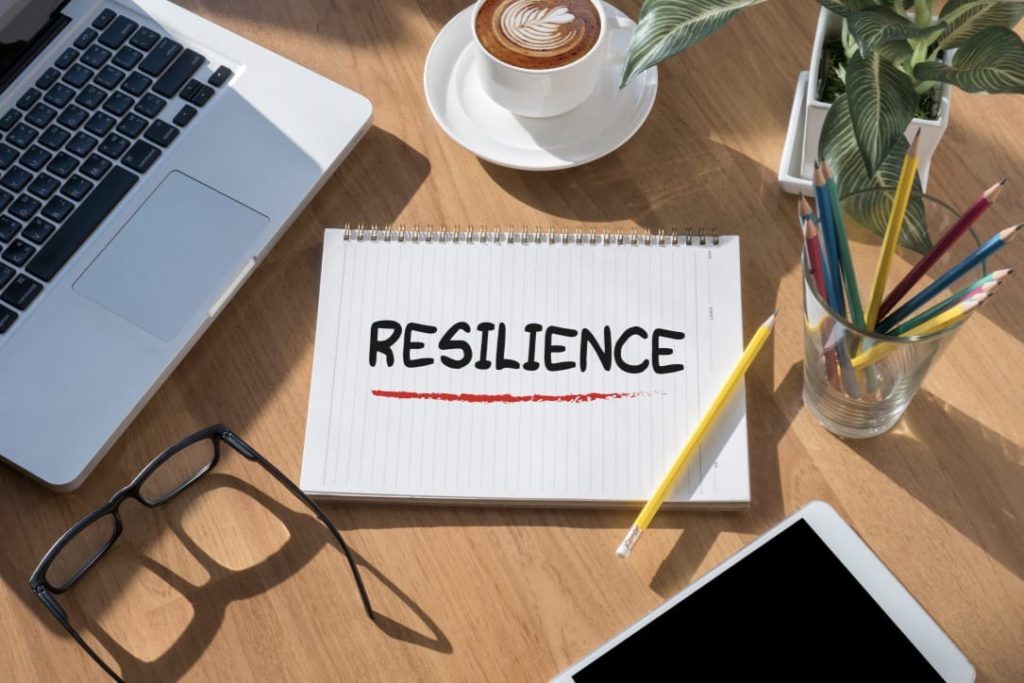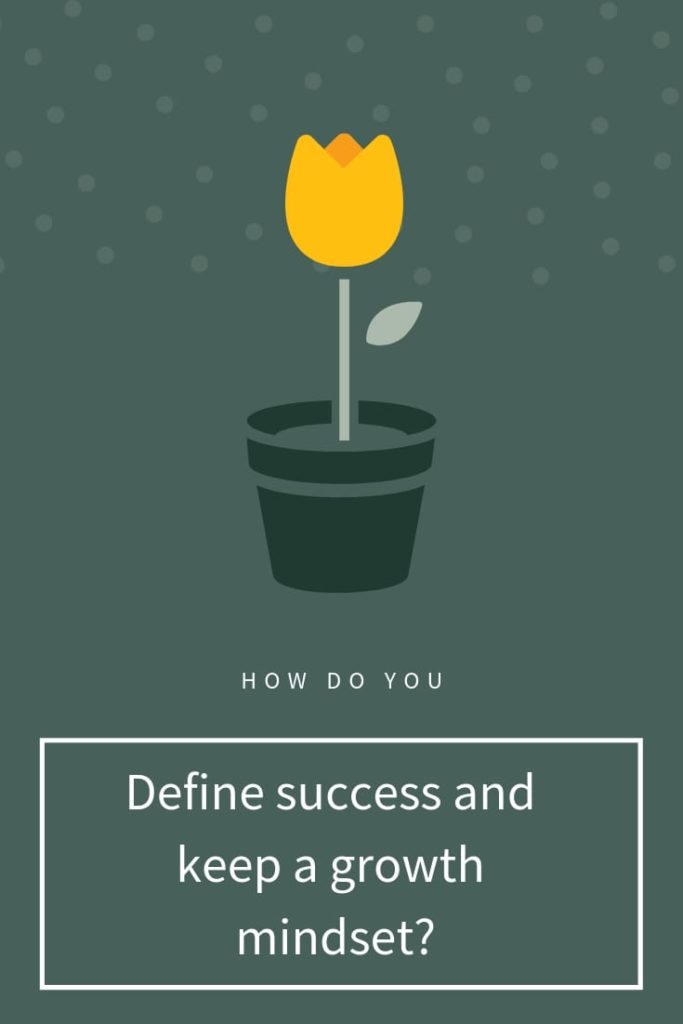Did 2018 feel like it was one step forward and two steps back on your fitness journey?
Are you starting 2019 feeling like you are making a strong effort, doing the right things but not seeing the results of working out you had hoped?
Regroup and reassess your workout plan and check your diet but don’t give up. If you’re still trying, it doesn’t matter what happened before. What separates success from stagnation is the willingness to keep going and the ability to see progress before it manifests. If you are not seeing the results of working out that you want, take a step back and check your mindset.
I’ve talked a lot about resilience on the blog, in workshops and on retreat. It may be one of the most popular talks I give. Growth and resiliency are the last pieces in the WELCOA definition of wellness, but they may be the most important.
WELCOA defines resiliency as viewing life with optimism, feeling grateful and expressing appreciation and feeling validated and encouraged. Psychology Today defines it as the ineffable quality that allows some people to be knocked down by life and come back stronger than ever. And the dictionary defines it as the capacity to recovery quickly from difficulties; toughness.
All these definitions require a growth mindset.
Have you ever gotten frustrated and said,
“I was born this way.”
“It’s in my genes.”
“This is how it will always be.”
These thoughts are the opposite of a growth mindset. This is a fixed mindset – no matter what I do, things will not change. If you believe you can’t change, you won’t. That’s why you need to develop and nurture a growth mindset. A growth mindset is the belief that basic abilities can be developed through hard work and dedication. With a growth mindset, reaching your goals has nothing to do with perfection and everything to do with being willing to keep doing just a little bit more each day. It is the belief that all you have to do is just 1% – consistently.
The good news is that resilience skills and a growth mindset are open to anyone ready to do the work. The 3 P’s of Resilience, from the work of Dr. Martin Seligman, can help you become more resilient and find a new sense of optimism on your journey. When you don’t see the results you want, resilience gives you the power to see what results ARE happening and how you can continue to move forward on your path.
Personalization: the idea that we are at fault. This is the notion that if you were smarter or faster or prettier or had made a different decision, the bad thing or outcome wouldn’t have happened. Personalization often taps into innate feelings of wrongness and not being good enough. It’s those “If only I had…” statements that you attach to our problems. Letting go of personalization means practicing self-compassion. Practicing simple self-care, like a quiet walk alone or getting your nails done, can be a great first step in self-compassion. Exercise is excellent self-care – as long as you aren’t punishing yourself with a workout.
The calming effects of simple acts can make it easier to dig a little deeper into your emotions with mediation and self-care journaling. I would recommend checking out the work of Dr. Kristin Neff for more self-compassion tips.
Pervasiveness: the belief that one event/situation will affect all other areas of our life. This can also be known as the “what the hell” effect. As in “I had one cookie, what the hell, I might as well have some pizza too and skip the gym tonight.” That is giving one cookie more power than it has. Pervasiveness is the biggest blocker to consistency. The “what the hell” effect is what leads to the constant stop and start.
You can stop that cycle by understanding it is it’s ok to ruminate a little bit about a setback or misstep. I do want you to examine what happened and why it happened, but then I want you to let it go. It happened, it cannot be changed, but it does not have to influence what happens next. If the moment or action is bigger than a cookie, allow yourself to feel it. Take 5 or 10 minutes to feel the feelings and write down your SFD. Set a timer and get as worked up as you want. Write the letter to whoever or whatever is bothering you. When the timer goes off, you’re done. Crumple it up (physical or mentally) and walk away.
Permanence – the belief that the aftershocks of the event/situation will last forever. If you have trouble believing in a growth mindset think about this:
Michael Jordan was cut from the varsity team in high school.
JK Rowling was turned down by dozen publishers.
Walt Disney was fired from one of his first jobs for lack of imagination.
Failure became a challenge to them. The changed the definition of failure for “never” to “not yet.” The meaning of success changed to doing their best, learning and improving, and not necessarily the end result. I want you to find the good in the struggle. How is the work you’re doing changing your life for the better? What knowledge, support and joy have you been able to find on this path? If you need to dig deeper for your inspiration, think about when you experienced growth from a past event that challenged you? It can be clearer to see that tough times don’t last forever when we can see a time we made it to the other side.
As Eckhart Tolle says, “If you get the inside right, the outside will fall into place.” If you’re not seeing the results of working out that you want, check your mindset. If you want to see progress, you have to believe that it is possible in the first place




